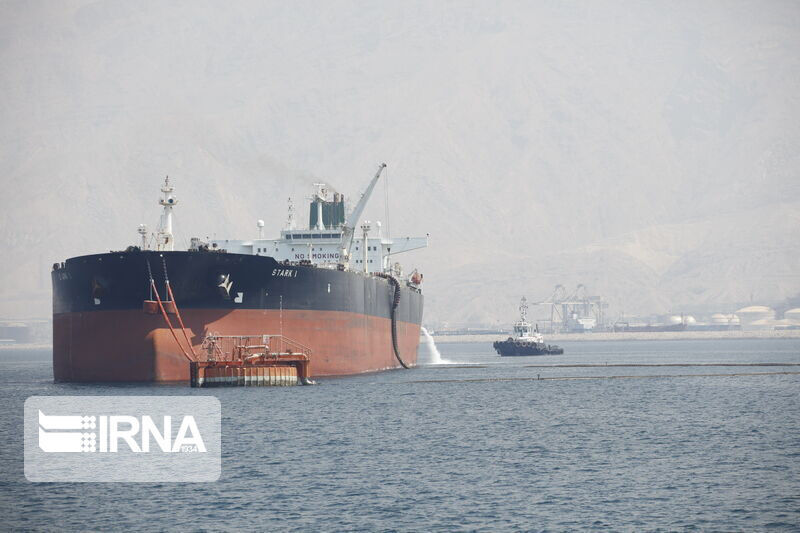The Oil Ministry of the Islamic Republic of Iran has announced that thanks to the boost of oil revenues, the administration of President Ebrahim Raisi did not need to borrow money from the Central Bank of Iran (CBI) in the first two months of the year for the first time in recent years.
The ministry reacted to some reports of opponent media outlets on decline of administration’s oil export, noting that increase or decrease of oil export volume in various times depends upon the market circumstances and seasonal supply and demand conditions.
The Iranian oil export ratio is determined to maintain market share with the use of trading techniques and observe the country’s interests based on existing regulations and conventional method, the ministry added.
Iran has succeeded in selling oil, while the country was under all-out economic war imposed by the global arrogance and the personnel of the oil industry made round-the-clock efforts to prevent halt of oil production even for one day, it said.
The scale of crude oil supply and demand is being determined on the basis of policies of exporting and importing countries, the level of economic growth, and some seasonal variables; moreover, the increase of oil sale along with the hike of crude price in international markets helped the administration compensate budget deficit, it mentioned.
The oil industry in Iran has played a key role in pursuing energy diplomacy aside from what will happen at the end of nuclear talks in Vienna, Austria, the ministry emphasized.
Iran newspaper reported that oil revenues in the first two months of the current year (March 21 to May 21) experienced a 60-percent increase in comparison to the volume in the same period last Iranian year.
According to Iran Newspaper, there is international pressure on the United States to lift or ease sanctions on Iran and the CBI has announced that the country’s oil sale increased about 40 percent and receiving the revenues improved 60 percent.
The CBI declared that more than 7.5 billion dollars of oil and petrochemical sales were received in the first two months, indicating 3 billion dollars hike in comparison to incomes achieved in the same period last year.
Iran’s income from selling crude oil, oil products, natural gas, gas liquids and condensates stood at about 8.7 billion dollars in the first three months of last year, while the oil revenue increased 60 percent in the first two months of current year.
Mostafa Nakhaei, the spokesman of the Energy Commission of the Iranian parliament, emphasized that all reports show that there has not been any decline in oil revenues.
Nakhaei said in an interview with Iran Newspaper that Tehran has got more experience in evading sanctions, so Iranians succeeded in nullifying policy of the United States’ maximum pressure.
Iran is one of the main players in international markets, including OPEC, the lawmaker said.










